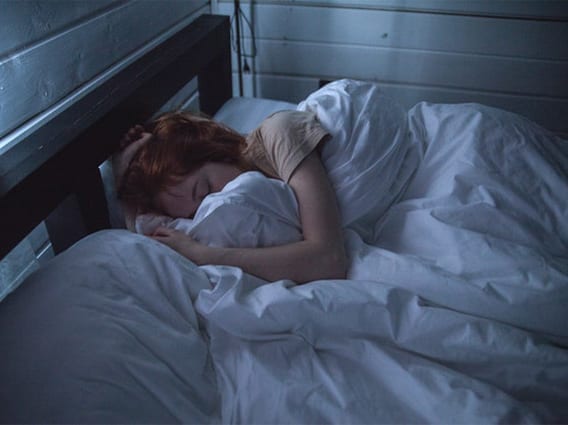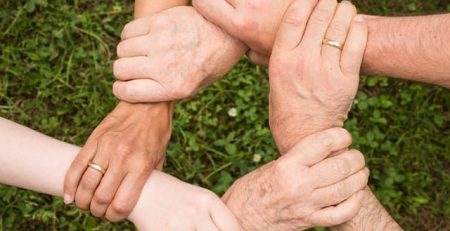A Simple Solution Could Help Address Night Owls’ Mental Well-being and Performance
We all know one – that one person who takes the old adage “early to bed, early to rise” and flips it on its head; that one who will stay up to see the sunrise, then hide in bed until noon; that one we so frequently call a “night owl”.
Night owls, as defined by authors of a study recently published in Sleep Medicine , are those whose internal body clock dictates later-than-usual sleeping and waking patterns. In this particular study, this meant participants had an average bedtime of 2:30am and a waking time of about 10:15am.
“Having a late sleep pattern puts you at odds with the standard societal days, which can lead to a range of adverse outcomes – from daytime sleepiness to poorer mental wellbeing,” study co-author Dr. Andrew Bagshaw from the University of Birmingham said in a statement. “We wanted to see if there were simple things people could do at home to solve this issue. This was successful, on average allowing people to get to sleep and wake up around two hours earlier than there were before. Most interestingly, this was also associated with improvements in the mental wellbeing and perceived sleepiness, meaning that it was a very positive outcome for the participants. We now need to understand how habitual sleep patterns are related to the brain, how this links with mental wellbeing and whether the interventions lead to long-term changes.”
For three weeks, 22 participants were asked to perform four different tasks: 1) Wake up 2-3 hours before regular wake up time and maximize outdoor lighting during the morning 2) Go to bed 2-3 hours before habitual bedtime and limit light exposure in the evening 3) Keep sleep/wake times fixed on both work days and free days 4) Have breakfast as soon as possible after waking up, eat lunch at the same time each day, and refrain from eating dinner after 7pm.
The results of the study showed an increase in cognitive and physical performance during the morning, as well as a shift in peak performance times from evening to afternoon. Researchers also saw an increase in the number of days breakfast was consumed, which led to better mental well-being with participants reporting a decrease in feelings of stress and depression.
“Establishing simple routines could help ‘night owls’ adjust their body clocks and improve their overall physical and mental health,” Professor Debra Skene from the University of Surrey said.
Read more about the study here.














